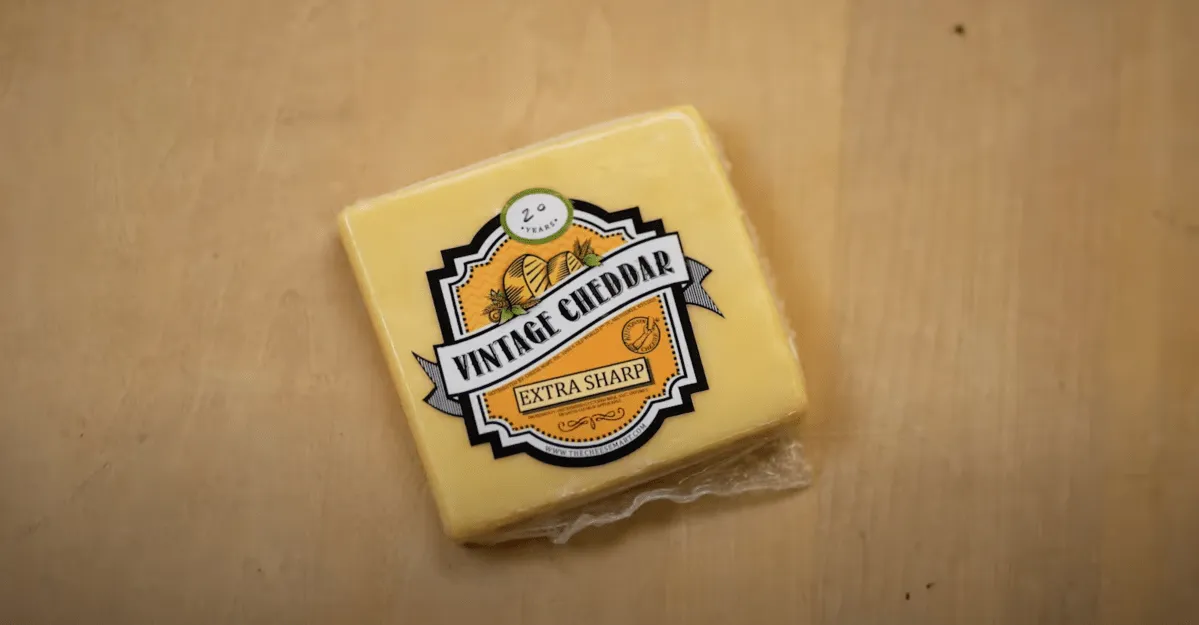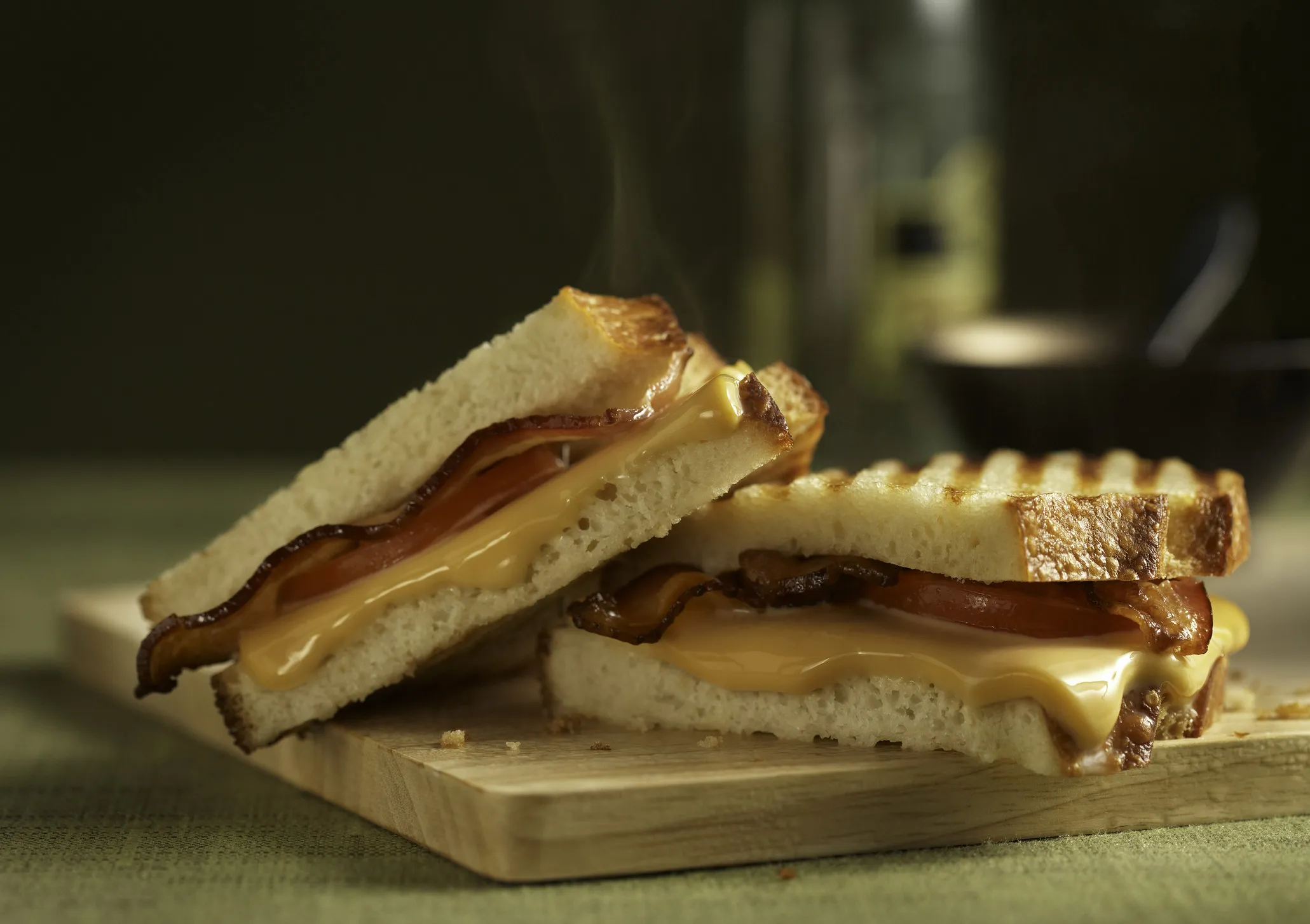In the grand spectacle that is the Super Bowl, advertisements are as much a part of the event as the game itself. This year, Google grabbed the spotlight not just for its tech savvy but for a peculiar claim made during one of its commercials. The ad, part of a series showcasing how small businesses utilize Gemini AI across the United States, featured a statement about Gouda cheese that raised more than a few eyebrows.
During the Wisconsin-focused segment of the commercial, Gemini AI boldly claimed that Gouda makes up “50 to 60 percent of the world’s cheese consumption.” This statistic, as cheese aficionados and experts were quick to point out, is not just unlikely but almost certainly inaccurate. The commercial immediately sparked discussions and even a bit of outrage among the dairy devout and casual cheese fans alike.

The Truth Behind the Gouda Claim
The claim caught the attention of Andrew Novakovic, E.V. Baker Professor of Agricultural Economics Emeritus at Cornell University, who weighed in on the matter. According to Novakovic, while Gouda is a popular choice in Europe and a significant player in global cheese trade, it does not dominate worldwide consumption to the extent suggested by the ad. He suggested that more commonly consumed varieties like Indian Paneer or the fresh cheeses prevalent in South America, Africa, and parts of Asia are likely more widespread in terms of actual consumption.
The source of the Gouda statistic remains somewhat nebulous. The ad did not specify where Gemini AI pulled the data from, leading to speculation and skepticism. An investigation revealed that a similar statistic was mentioned on Cheese.com, a site whose credibility was debated by users on social media platforms over a decade ago.
Google’s Response to the Faux Pas
As viewers turned to Google for clarification, the tech giant was quick to address the controversy. Jerry Dischler, president of Google Cloud apps, responded to the uproar by emphasizing that Gemini AI is rooted in web data, which users can verify independently. He noted that the disputed cheese consumption figure appears on multiple websites, suggesting that Gemini was not entirely off base in citing it.

Dischler’s statement highlighted an important caveat noted in the commercial’s fine print: Gemini AI is intended as a creative writing aid and not a definitive source of factual information. This underscores the broader challenge facing AI technology—balancing creative generation with factual accuracy.
Implications for Google and AI Credibility
This incident arrives at a time when Google has been ambitiously integrating AI into its Workspace offerings and even adjusting subscription costs to reflect these enhancements. The Super Bowl ad, intended to showcase the potential of AI in everyday business applications, inadvertently turned into a lesson on the complexities and potential pitfalls of relying on AI for factual representations.
The cheesy mistake, while minor in the grand scheme of things, serves as a conversation starter about the reliability of AI-generated content and the importance of verifying such information, especially in settings as influential as Super Bowl commercials. As AI continues to evolve, the balance between innovative technology and accurate data dissemination remains a critical frontier for companies like Google.

In conclusion, while the ad succeeded in drawing attention to Google’s AI capabilities, it also highlighted the challenges of ensuring accuracy in AI-generated content. As the discussion around Gouda’s global cheese dominance shows, even a small slice of misinformation can lead to a big stir.










